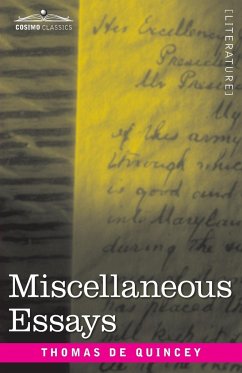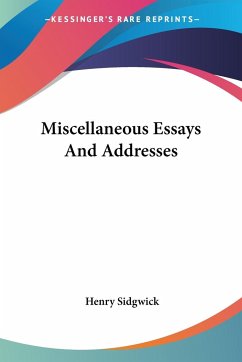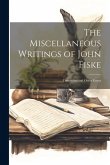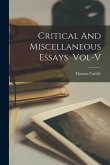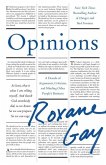"Solitude, though it may be silent as light, is like light, the mightiest of agencies; for solitude is essential to man. All men come into this world alone and leave it alone." -Thomas de Quincey Miscellaneous Essays (1851) is a collection of essays by Thomas De Quincey, who has been called "...one of the greatest prose stylists of the English Romantic era." It has also been said of the author that he "was a pioneer in sensationalism," and it is that quality which characterizes this volume by expanding his writings on murder and death. The 8 titles it includes are, "On the Knocking at the Gate," "In Macbeth," "Joan of Arc," "The English Mail-Coach," "The Vision of Sudden Death," "Dinner, Real and Reputed," "Orthographic Mutineers," "Murder, Considered As One of the Fine Arts," and "Second Paper on Murder," of which the last two essays are also available as individual releases from Cosimo Classics.
Hinweis: Dieser Artikel kann nur an eine deutsche Lieferadresse ausgeliefert werden.
Hinweis: Dieser Artikel kann nur an eine deutsche Lieferadresse ausgeliefert werden.

